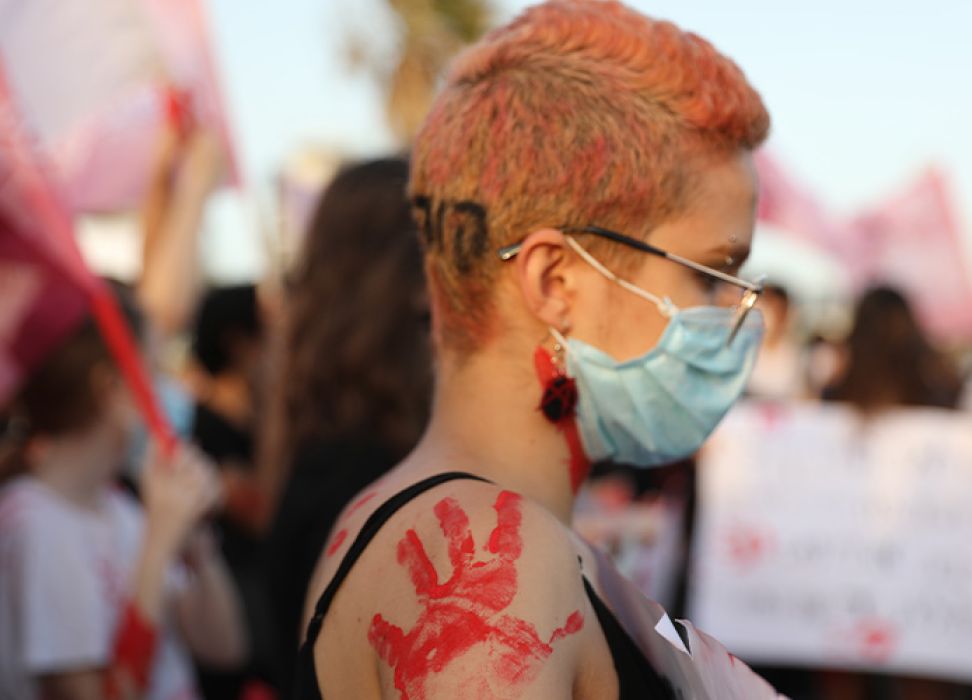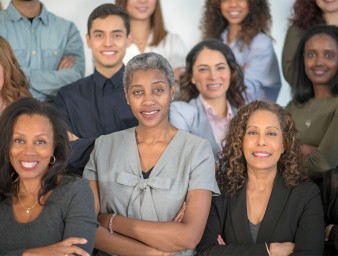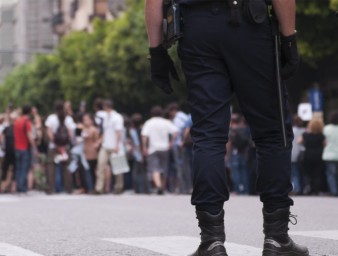COVID-19 recovery “unattainable” without women-led organizations and movements- UN independent expert
05 November 2020

“Despite their vital importance, the contributions of women and girls in activism and civil society continue to be under-estimated, under-resourced and undermined,” said Clément Nyaletsossi Voule, UN Special Rapporteur on the rights to freedom of peaceful assembly and of association.
Voule was speaking at the UN General Assembly in New York where he presented his latest report, in which he acknowledges and elevates women activists’ contributions to the advancement of democracy, peace and sustainable development.
The expert urged States to accelerate efforts to protect and fund women-led organizations and social movements in time of COVID-19 as well as when the world will work to recovery from the pandemic.
The Expert added that women have been the frontline responders to the COVID-19 pandemic, with many women volunteering their time to protect their communities. This shows that even in the most challenging times, when women exercise their rights to peacefully assemble and associate, it benefits to the whole society.
In his report, Voule recognizes that women of all ages and backgrounds have been leading and inspiring social movements, peaceful protests and civil society initiatives that seek to transform the world’s social, political and economic structures.
“Many of the most important movements of the past five years have been led by women and girls. Without their leadership and vision, gains to achieving the Sustainable Development Goals would have been impossible,” Voule pointed out.
Underfunded and underrepresented
While women have been on the frontlines of global COVID-19 responses, they only represent an average of 24 per cent of national-level decision-making bodies on COVID-19. The efforts of women organizations, particularly local organizations, are also weakened as donors have shifted priorities during the health crisis, disproportionately exposing women’s groups to deeper financial risk.
“Many local women’s groups may lose vital support and face closure,” Voule cautioned. “They are working in the most affected and hardest to reach places, yet they have the least support.”
For the expert, the impediments to funding and representation for women’s organizations are compounded further when other intersectional barriers such as age, race, ethnicity and ability come into play.
Reprisals and backlash in the private and public spheres
While significant progress has been made to ensure women’s participation in public life, and despite strong emphasis of international commitments on women’s participation in decision-making, State and non‑State actors continue to violate women’s rights to freedom of peaceful assembly and of association, online and offline, Voule said.
In many cases, the situation has even deteriorated, with many women experiencing an increase in severe violations of these fundamental freedoms and backlashes against gender equality. The COVID-19 pandemic has exacerbated many of these challenges and constraints.
Women experience reprisals for exercising these rights, the fiercest form being gender-based violence, which begin even before they leave the home and continue in the street, the workplace and the digital sphere, he added.
“Women in civil society and union leaders are frequent targets of threats of violence and harassment in retaliation for speaking out and organizing to improve people’s lives”, Voule pointed. “In countries with high rates of violence against women coupled with closing civic space, women experience (an often unrecognized) ‘double jeopardy’.”
While admitting that women’s organizations and movements have enhanced their collective action with the use digital technologies, Voule stressed, “social media has become a hostile space imbued with extreme risks for women in civil society and activism.” Some of the women human rights defenders Voule consulted report that sexist and derogatory comments on social media have become part of their everyday life.
At a virtual event on the sidelines of Voule’s presentation entitled “Celebrating Women in Civil Society and in Activism”, Marusia Lopez, Knowledge Generation and Systematization Coordinator of the Mesoamerican Network of Women Human Rights Defenders in Colombia, described the attacks she and others defenders experience on social media.
“Misogynist insults, threats of sexual violence, stigmatization and belittling of our work and demands that we return to our homes to carry out the domestic responsibilities that have traditionally been imposed to women,” Lopez said. “They also experienced doxing (the release of private information on the internet), calls for lynching, and hacking of webinars, websites and social media accounts.”
Moving commitments into action
The Rapporteur stressed that there is no acceptable justification for the continued trends of discrimination and violence described in his report, much less for regression of hard-fought gains due to the COVID-19 pandemic.
The 2030 Agenda for Sustainable Development, the Beijing Platform for Action and the Convention on the Elimination of All Forms of Discrimination against Women offer a robust normative framework to guaranteeing gender equality. All we need is to accelerate their implementation and move commitments into action.
The report calls for development and donor agencies to increase funding and flexibility so that local women’s organizations and movements can rapidly scale up their programmes and adapt to the risks posed by COVID-19.
“When they are protected and resourced, women’s organizations and movements can and will guide the world in building back better”.5 November 2020



